Currently, there are 145 markets in the province, including: 3 class 1 markets; 9 class 2 markets; 110 class 3 markets and 23 temporary markets. The total investment capital for market construction in the province up to this point is 722 billion VND (provincial budget 289 billion VND, local budget 143 billion VND, the rest is from other mobilized sources). Investment in upgrading, expanding and building new markets has also received attention, meeting the shopping and consumption needs of the people, contributing to completing criterion No. 7 on commercial infrastructure in implementing the National Target Program on new rural construction.
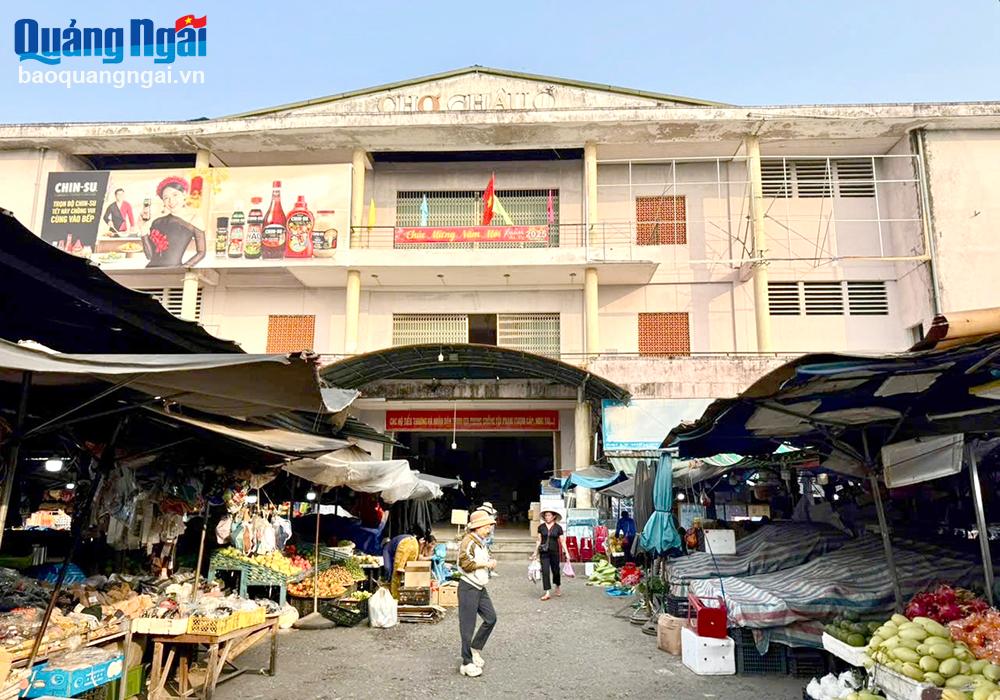 |
| Chau O Market (Binh Son) is a type 1 market, invested, managed and exploited by enterprises. Photo: TN |
However, currently, commercial activities tend to gradually shift from traditional forms of commerce (such as markets, retail stores, etc.) to modern forms of commerce (such as supermarkets, shopping malls, convenience stores, etc.), buying and selling on digital platforms (websites, social networks such as YouTube, Facebook, Zalo, TikTok, etc.). Therefore, business at traditional markets is increasingly sluggish, not attracting traders and people to do business and shop. Attracting investment, business, and developing markets in the form of socialization is no longer attractive to investors. Market management and exploitation also face many difficulties due to lack of funding. Some markets invested by enterprises have inappropriate service fees for using sales area at the market, making market business ineffective as the set target.
In recent times, localities in the province have focused on reassessing the actual needs of each market, promptly maintaining and repairing markets that are at risk of collapse, and do not ensure safety in terms of fire prevention, fire fighting, and environmental sanitation. Many markets, due to serious degradation and inability to operate, have had to close or dismantle to ensure the safety of traders and people when going to the market. However, there are also many markets that have been invested with billions of dong but the construction location is not suitable for local trading habits, so when put into operation, they are ineffective, leading to waste.
According to Director of the Department of Industry and Trade Vo Van Ran, in order for traditional markets to survive and develop, it is necessary to have appropriate forms of investment and business. For example, some markets located near tourist areas need to invest in and operate markets associated with culinary tourism. The central areas of urban areas need to study the organization of night markets associated with the development of the night economy. Some markets need to be organized in the form of fairs, specializing in the business of specialties and agricultural products.
“In the immediate future, the department will study and pilot the market business associated with culinary tourism in localities with favorable conditions for tourism development such as Ly Son district and Duc Pho town. The province needs to assign localities to coordinate with functional agencies to research and survey locations and sites, and pilot the type of night market associated with the night economy or market sessions combined with promoting traditional values, tourism, and culinary culture suitable to the characteristics of each locality for implementation,” said Mr. Ran.
Currently, the Department of Industry and Trade is focusing on advising the Provincial People's Committee on policies and market development orientations suitable for each stage of economic and social development to develop a project on traditional market development in the new situation. Accordingly, new solutions and methods in market exploitation and management will be applied; combining traditional trade forms with modern trade forms through direct and online delivery methods. At the same time, reviewing and re-evaluating the implementation of market development policies and mechanisms. Especially the regulations on service prices for using sales areas at markets in the province, if no longer suitable, will advise competent authorities to amend, supplement and adjust.
THANH NHI
Source: https://baoquangngai.vn/kinh-te/202504/doi-moi-cho-truyen-thong-beb1844/



![[Photo] The two Prime Ministers witnessed the signing ceremony of cooperation documents between Vietnam and Ethiopia.](https://vstatic.vietnam.vn/vietnam/resource/IMAGE/2025/4/15/16e350289aec4a6ea74b93ee396ada21)
![[Photo] Prime Minister Pham Minh Chinh holds talks with Ethiopian Prime Minister Abiy Ahmed Ali](https://vstatic.vietnam.vn/vietnam/resource/IMAGE/2025/4/15/4f7ba52301694c32aac39eab11cf70a4)
![[Photo] National Assembly Chairman Tran Thanh Man attends the summary of the organization of the Conference of the Executive Committee of the Francophone Parliamentary Union](https://vstatic.vietnam.vn/vietnam/resource/IMAGE/2025/4/15/fe022fef73d0431ab6cfc1570af598ac)
![[Photo] General Secretary To Lam receives Ethiopian Prime Minister Abiy Ahmed Ali](https://vstatic.vietnam.vn/vietnam/resource/IMAGE/2025/4/15/086fa862ad6d4c8ca337d57208555715)
![[Photo] Welcoming ceremony for Prime Minister of the Federal Democratic Republic of Ethiopia Abiy Ahmed Ali and his wife](https://vstatic.vietnam.vn/vietnam/resource/IMAGE/2025/4/15/77c08dcbe52c42e2ac01c322fe86e78b)



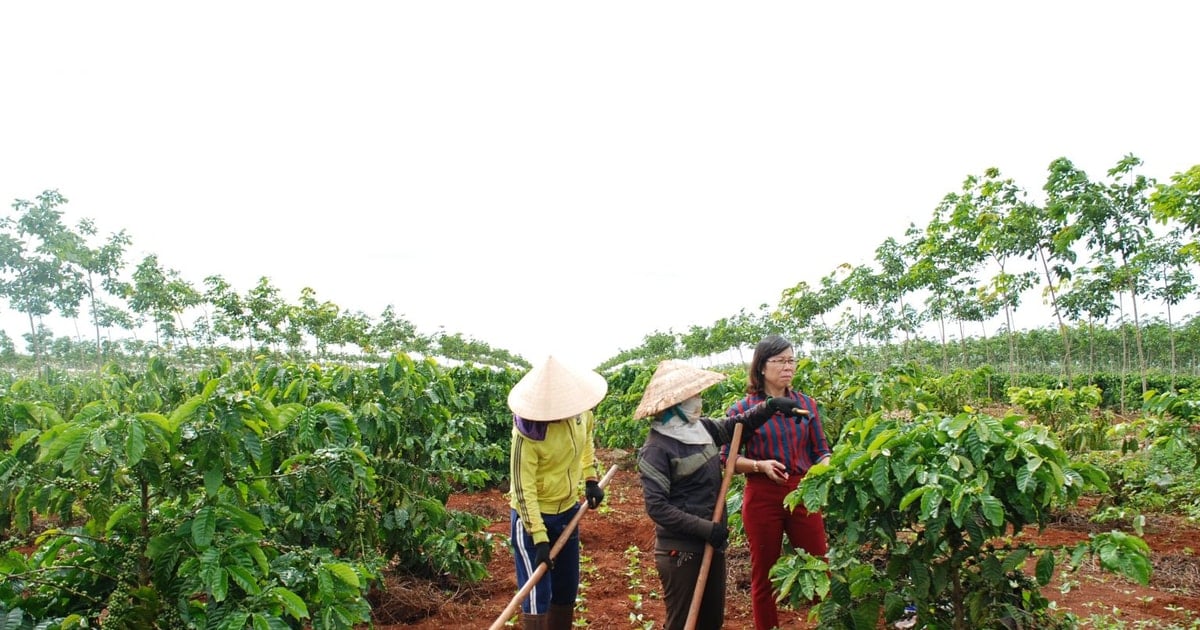






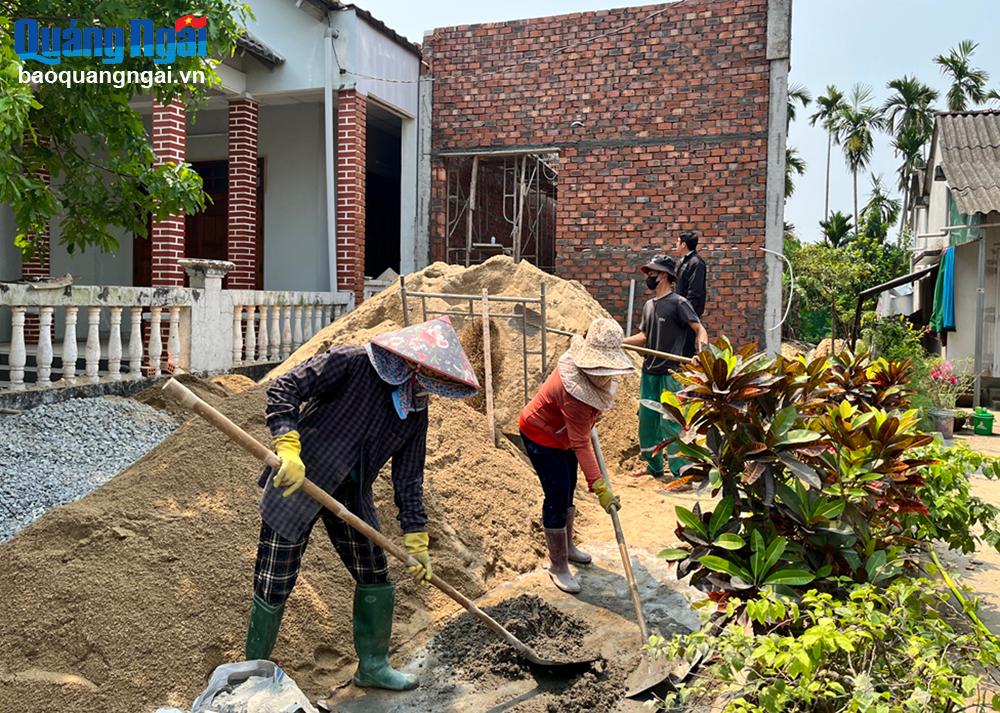
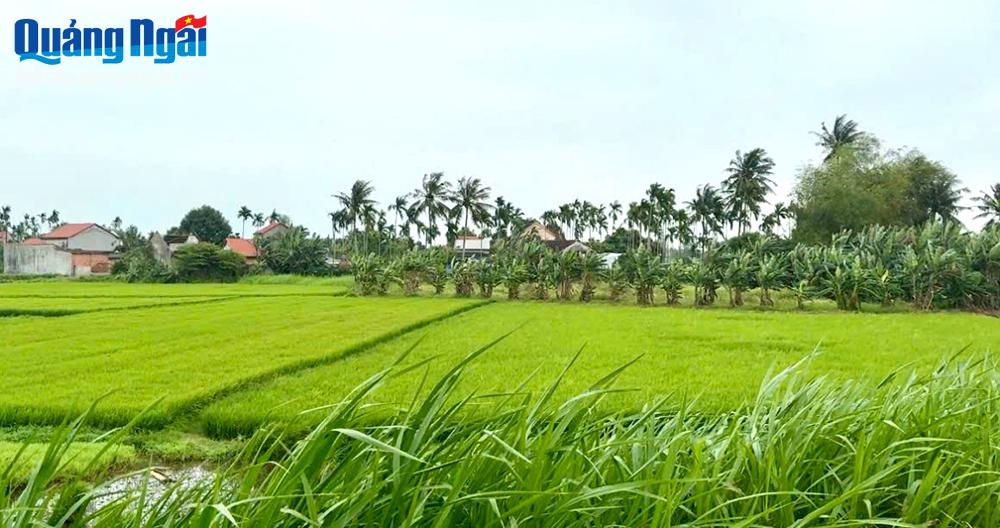



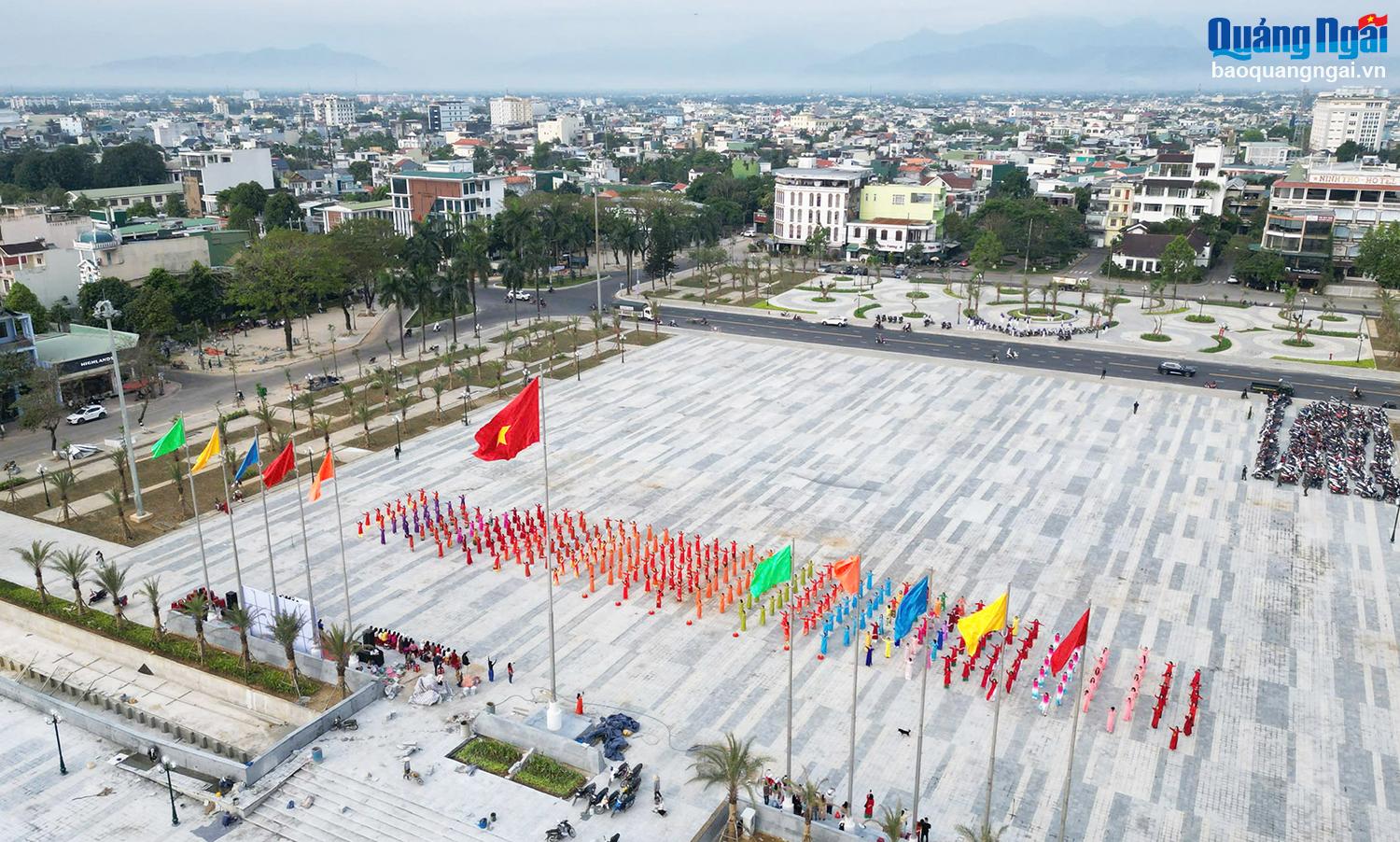
![[Photo] General Secretary To Lam meets with veteran revolutionary cadres, meritorious people, and exemplary policy families](https://vstatic.vietnam.vn/vietnam/resource/IMAGE/2025/4/15/7363ba75eb3c4a9e8241b65163176f63)








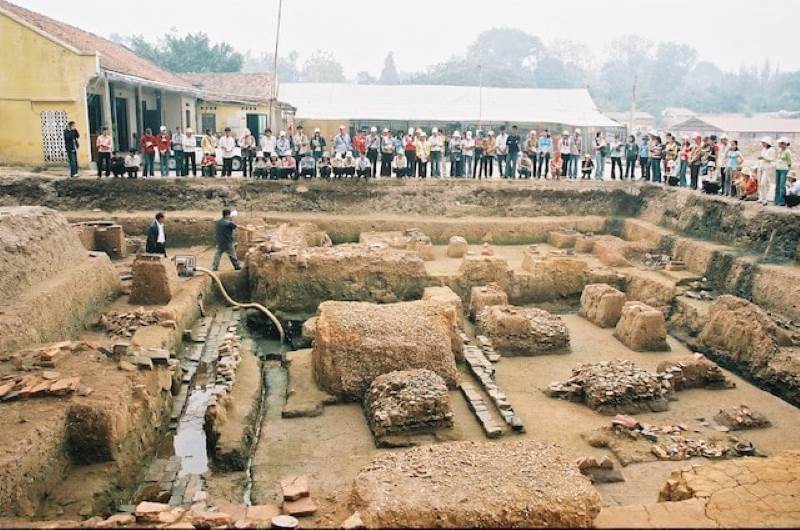





























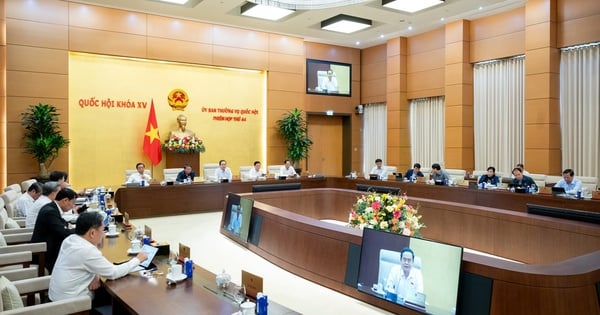

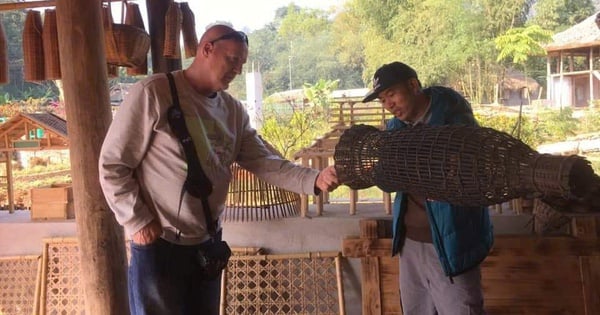










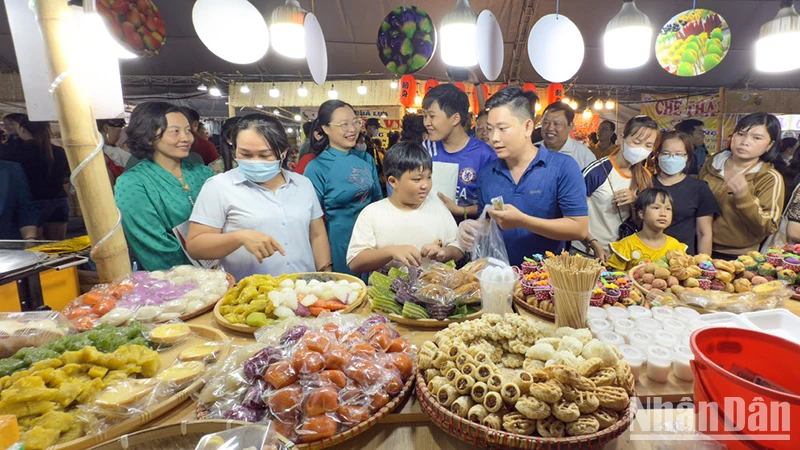

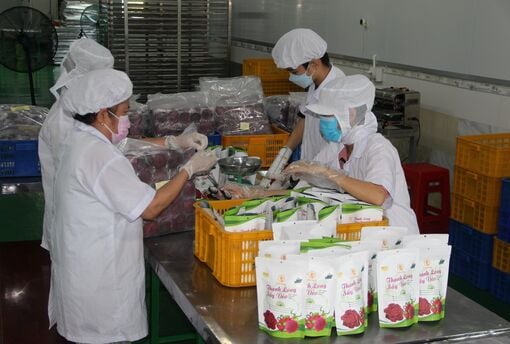




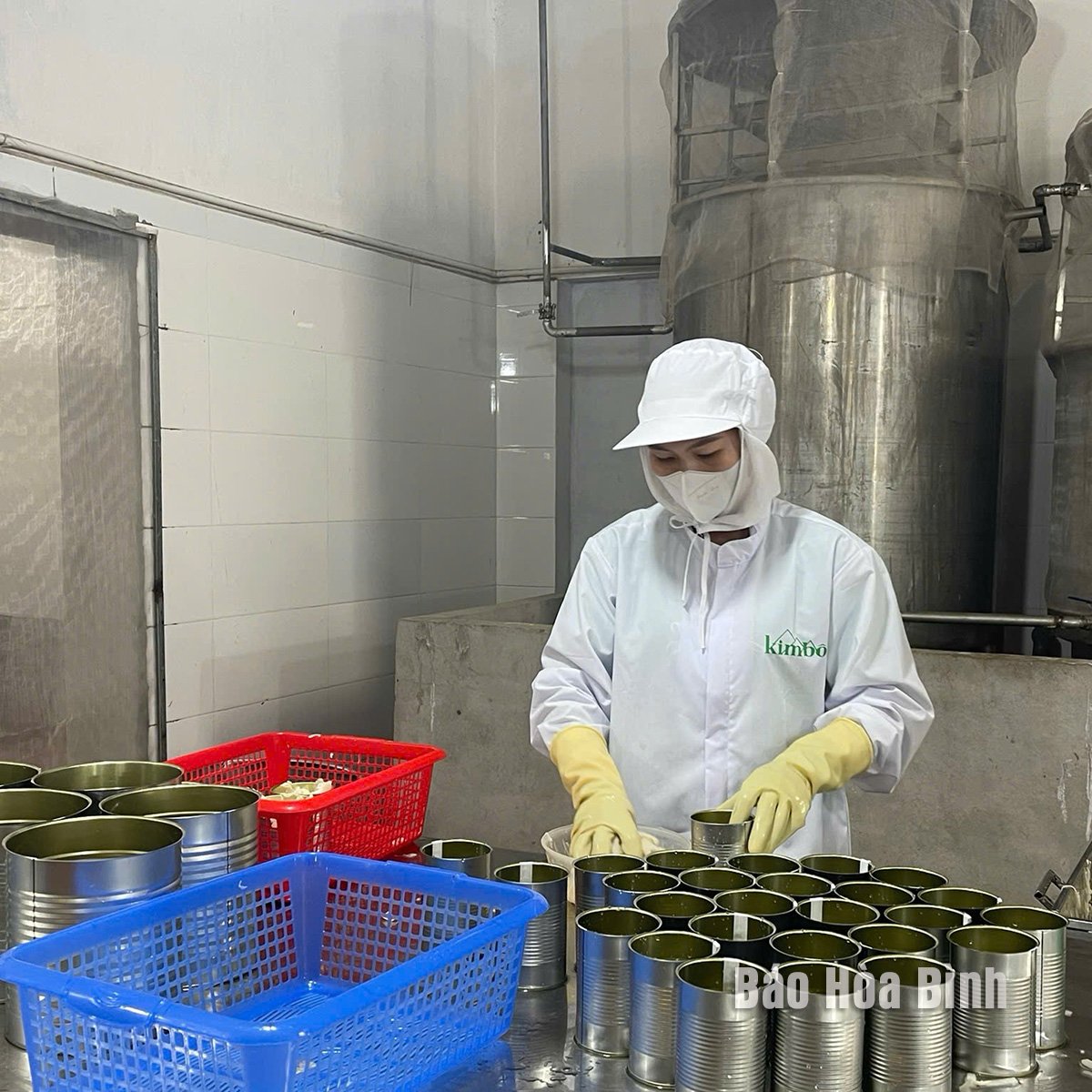

Comment (0)